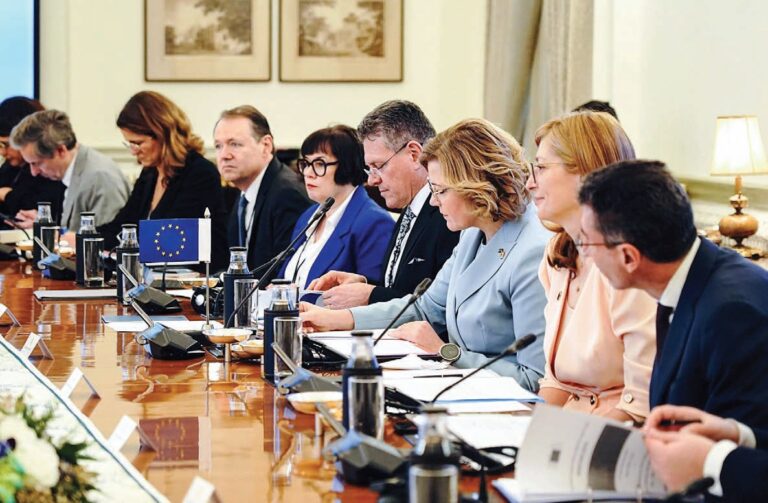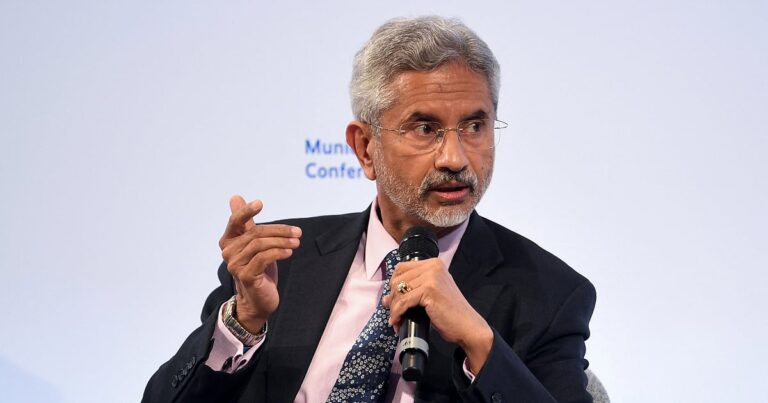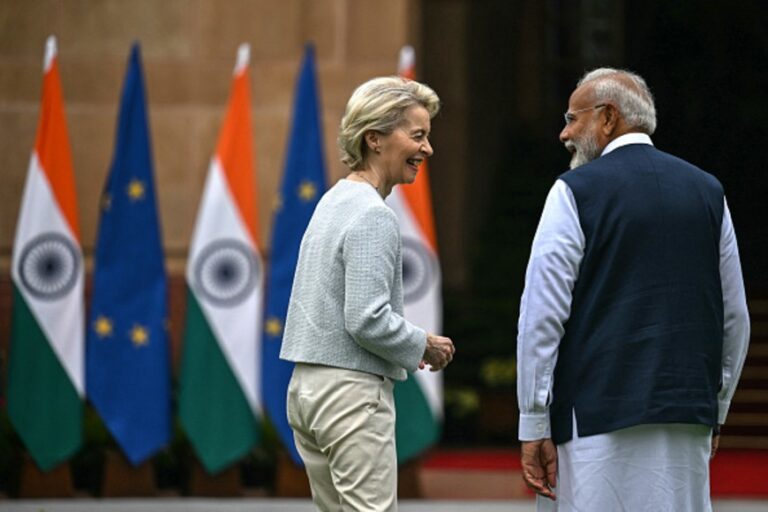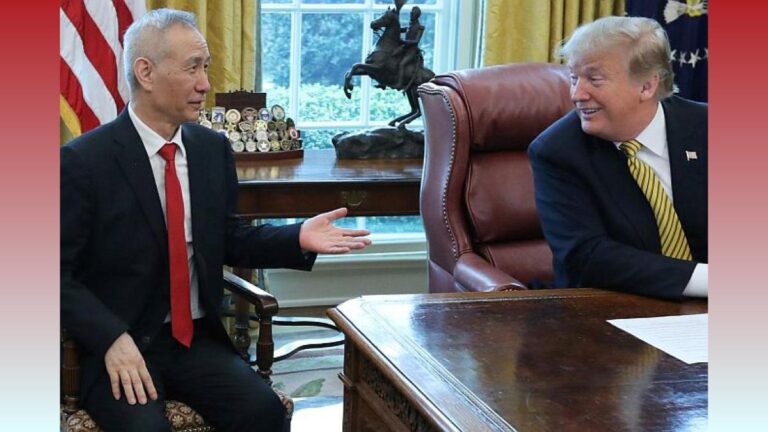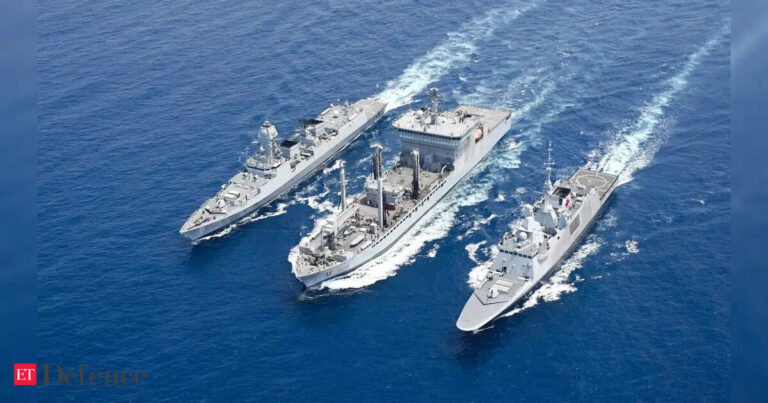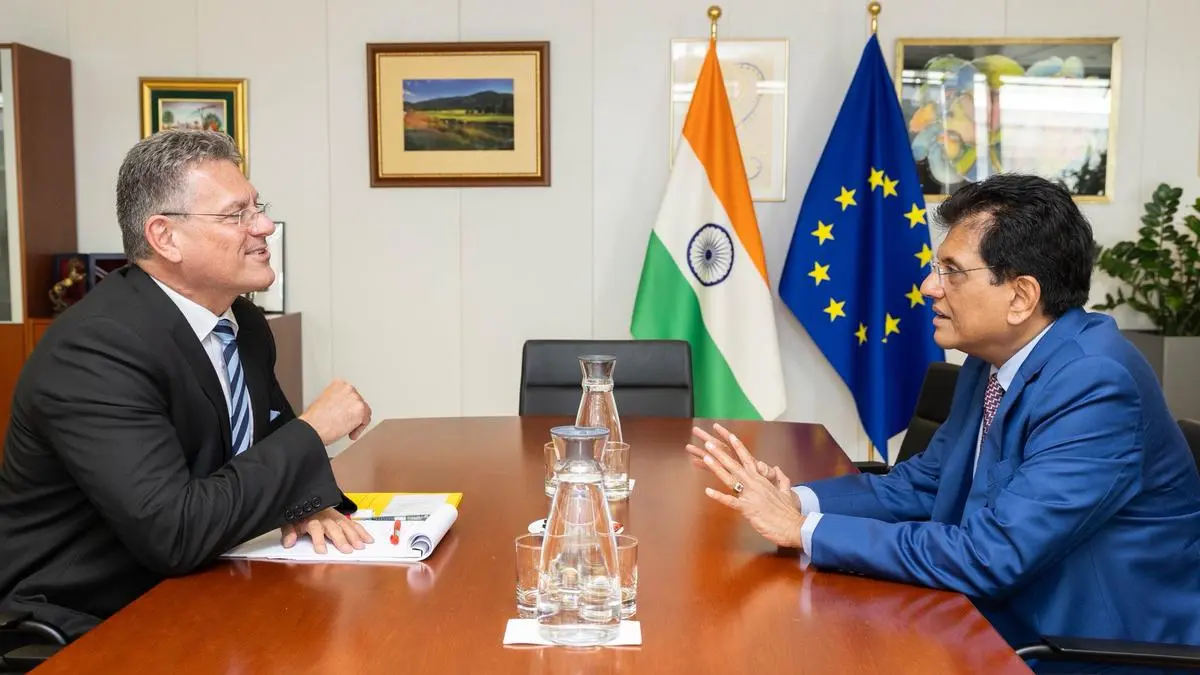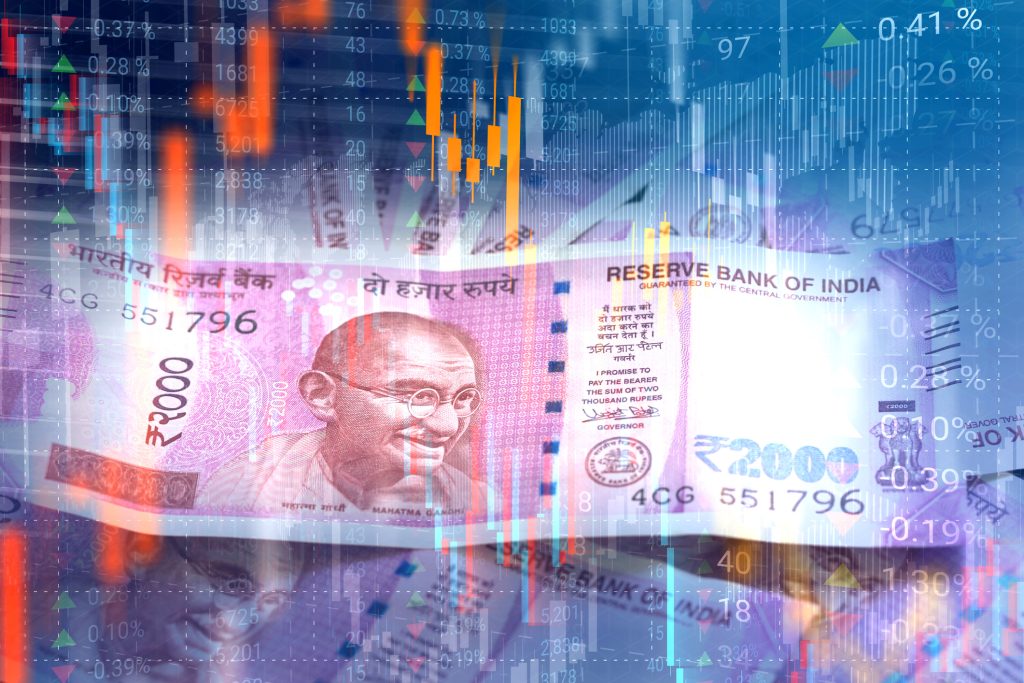
This promises to be a crucial year for the deepening of bilateral relations between the European Union and India. The two parties publicly expressed this common intention, referring to more activities and exchanges.
During his last visit to Spain, the Indian Minister of Foreign Affairs, S. Jaishankar said His country strives to establish a closer partnership with the EU and greater visibility in the Mediterranean region.
“We aspire to a closer partnership with the EU. I am convinced that strong relations between India and Spain and a strong collaboration between India and the EU can constitute a factor of stabilization in a turbulent world, “said the minister.
It was Jaishankar’s first visit to Spain as Minister of Foreign Affairs, almost three months after the Spanish Prime Minister Pedro Sánchez. historical visit In India. With Narendra Modi, they undertook to strengthen bilateral relations.
New (COM) Mission
The Von der Leyen 2.0 commission, in action since December 2024, has received clear instructions on the way in which it must manage interactions with India and the Indo-Pacific Region in the broad sense in the context of this new mandate.
In her Political orientationsPresident Ursula von der Leyen proposed to develop a new strategic agenda for India. She loaded the High representative for foreign affairs and the Commerce and economic security commissioner Get more involved in the region.
During the last mandate, the rapprochement mainly focused on the conclusion of a free trade agreement (ALE) and the creation of a trade and technology council (TTC), indicating the clear orientation of Von der Leyen towards deeper ties to India.
Overcome inertia
A analysis The German Marshall Fund of the United States (GMFUS) offers three key stages in Brussels to overcome inertia and strengthen links with India. The block must make structural changes to its approach.
The first step involves proactive leadership of the Commission, with an ambitious program for India. Von der Leyen must ensure that India’s commitment remains an absolute priority by articulating clear objectives for partnership.
Second, the article advises priority to foreign economic policy by focusing on economic security and competitiveness. Here, the EU can draw inspiration from the United States and seek alternative frameworks likely to produce rapid and tangible results with India.
In addition, the TTC must be noted to prevent it from becoming another ineffective dialogue. High level participation, clear deadlines and a concentration on green transition and critical infrastructure is considered essential to its success.
GMFUS analysis concludes that the growing strategic alignment between the EU and India represents an unprecedented opportunity. He encourages the block to adopt a broader and more dynamic program to carry out the full potential of this partnership.
Partnership rather than patronage
Another analysis According to the observing Research Foundation, a reflection group based in Delhi, the partnership is more crucial than ever, taking into account factors such as the Russian invasion of Ukraine, the growing influence of China and changes in the American foreign policy.
To strengthen their links, the two parties must exceed the limits of the past and take up new challenges. Key areas for more in -depth cooperation include strengthening military collaboration, alignment with climate change initiatives and acceleration of progress towards a modern Ale.
Analysis calls on the EU to avoid any alienating rhetoric, to better understand the double identity of India as the leader of the South and unique democracy and to adopt a more empathetic approach which gives priority to the partnership rather than to the clientelism .
While India is preparing to become the third world economy, a solid and balanced EU-India relationship could allow the two powers to influence global affairs more effectively.
By maximizing their common interests and values, the two countries can promote a more inclusive and cooperative international order, benefiting their own citizens and the world in general, concludes the analysis.
What to expect
But despite the setbacks, the work is underway. The first UE-Indic agreement Strategic ministerial dialogue on foreign policy will take place soon. Are also to come Talks at the India-EU summitand the second ministerial of TTC. Talks on the ale should also resume soon.
Although trade is one of the most important pillars of bilateral relations, the two parties arouse growing interest in the defense and space sectors, as well as for clean energies and green transition.
Connectivity thanks to ambitious projects such as the India-Moyen-Orient-Europe Economic Corridor (IMEC) will change the strategic and economic situation. The ceasefire in Gaza could give new momentum to this plan.
If 2024 was the year of the recalibration of relations, 2025 will be used to expand this relationship, by bringing the EU and India to do more and better to deal with global geopolitical turbulence and geoeconomic challenges as a natural partners sharing The same ideas.
(Edited by Brian Maguire | Euractiv Advocacy Laboratory)
